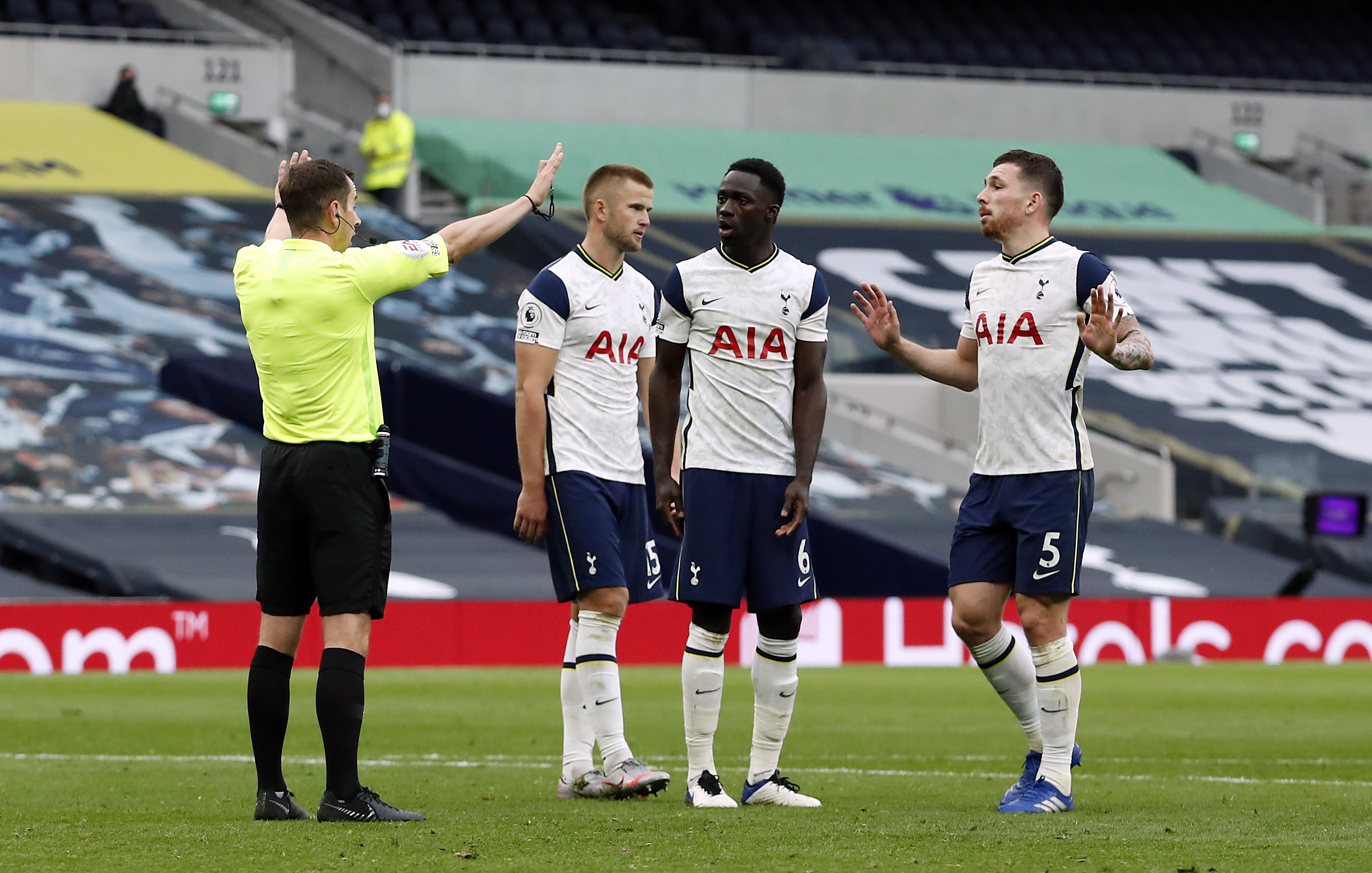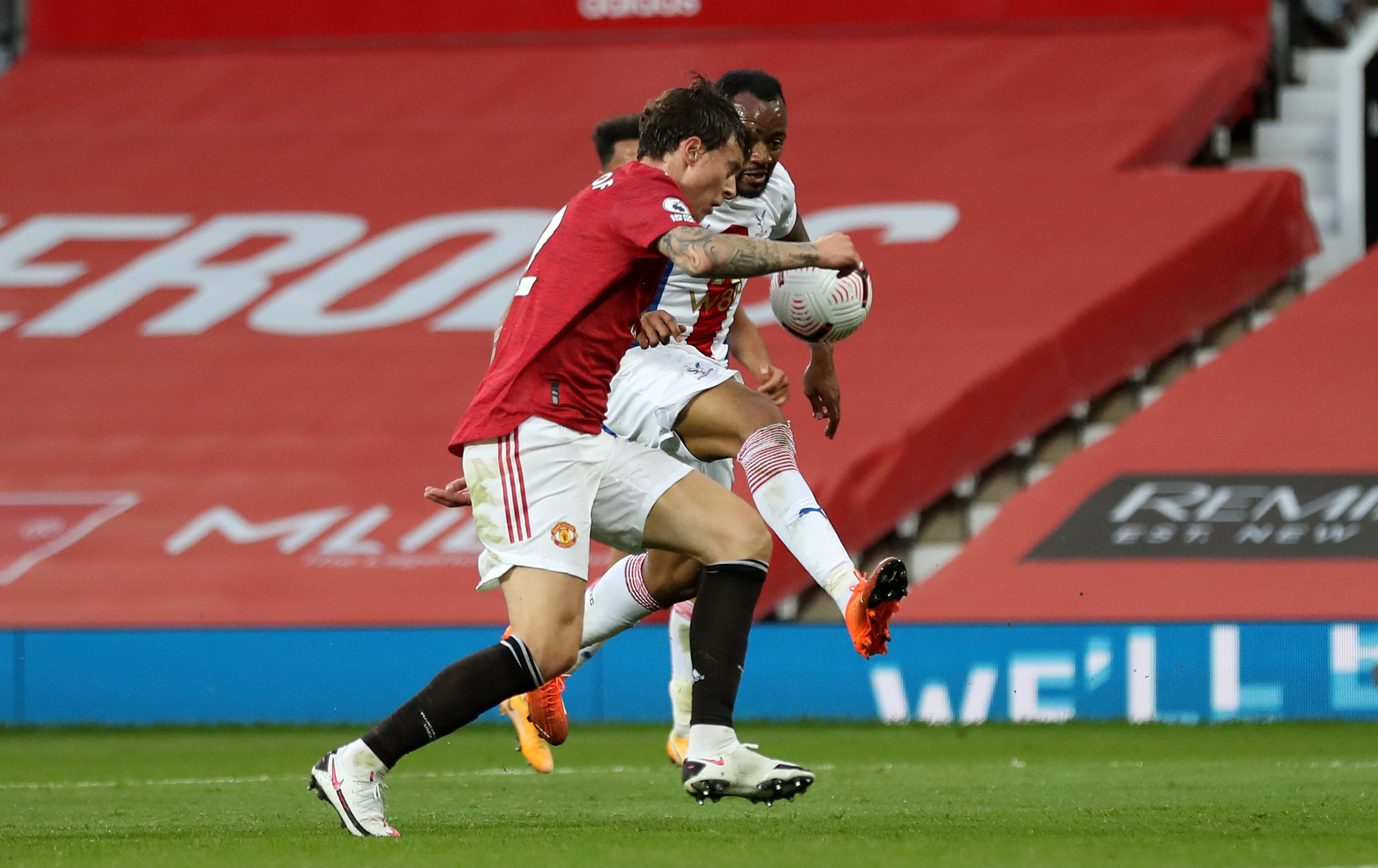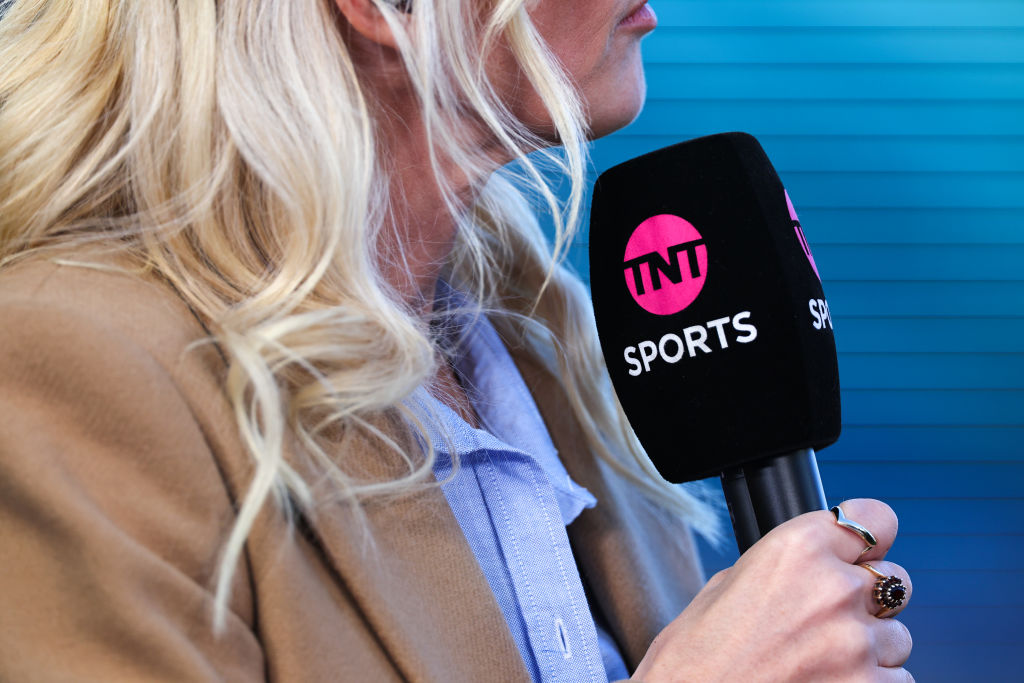Premier League set to lobby for change in handball law

The best features, fun and footballing quizzes, straight to your inbox every week.
You are now subscribed
Your newsletter sign-up was successful
Want to add more newsletters?

Five times a week
FourFourTwo Daily
Fantastic football content straight to your inbox! From the latest transfer news, quizzes, videos, features and interviews with the biggest names in the game, plus lots more.

Once a week
...And it’s LIVE!
Sign up to our FREE live football newsletter, tracking all of the biggest games available to watch on the device of your choice. Never miss a kick-off!
Join the club
Get full access to premium articles, exclusive features and a growing list of member rewards.
The Premier League is prepared to formally lobby for a change in the handball law following the controversy over the penalty award against Tottenham’s Eric Dier last weekend, the PA news agency understands.
The league is understood to be keen on altering the section of the law which states that handball must be awarded if the ball strikes the hand or arm when it is above shoulder level, as was the case with Dier.
The decision, which cost Spurs victory against Newcastle on Sunday, was criticised because Dier’s arms appeared to be in a natural position for someone who was jumping, and because he was facing away from the ball when it struck him.
EXPLANATION— The IFAB (@TheIFAB) June 15, 2020
However, neither of those factors are relevant under the law, and the Premier League is now understood to be discussing the section of the law about the hand or arm being above shoulder height with the game’s lawmakers the International Football Association Board (IFAB).
If necessary, the league is prepared to formally lobby the IFAB for a rule change.
The IFAB’s technical and football advisory panels are due to meet this autumn, and any law change would have to be rubber-stamped at its annual general meeting next March, before coming into effect for the 2021-22 season.
It is understood the league believes that as the law stands, Peter Bankes’ decision to award the penalty against Dier was correct.
The best features, fun and footballing quizzes, straight to your inbox every week.
Premier League referees will now apply a different interpretation in other instances of handball though, for offences where the arm is below shoulder level.
In these instances, it is understood the referees will be advised to consider what the expected position of a player’s hand or arm is given the action the player is undertaking at the time.
They will also be asked to take into account the player’s ability to react, and whether the contact with the arm blocks a direct shot at goal.

Under the updated interpretation, it is understood the advice to referees is that the penalty against Crystal Palace’s Joel Ward would not be given, because his arm was in an expected position considering the action he was undertaking.
Similarly, Manchester United defender Victor Lindelof’s handball against Palace would not now be awarded on the basis of his limited ability to react and the expected position of his hand.
The law states that handball should be awarded if the player has made their body unnaturally bigger, but leaves it open to a referee, league or competition to apply its own interpretation of what constitutes ‘unnatural’.
 Join The Club
Join The Club










